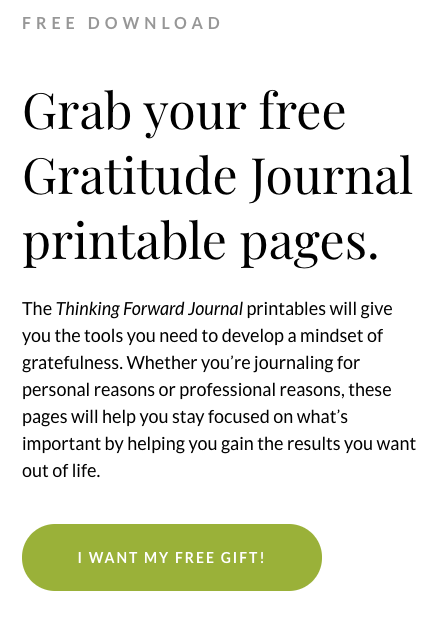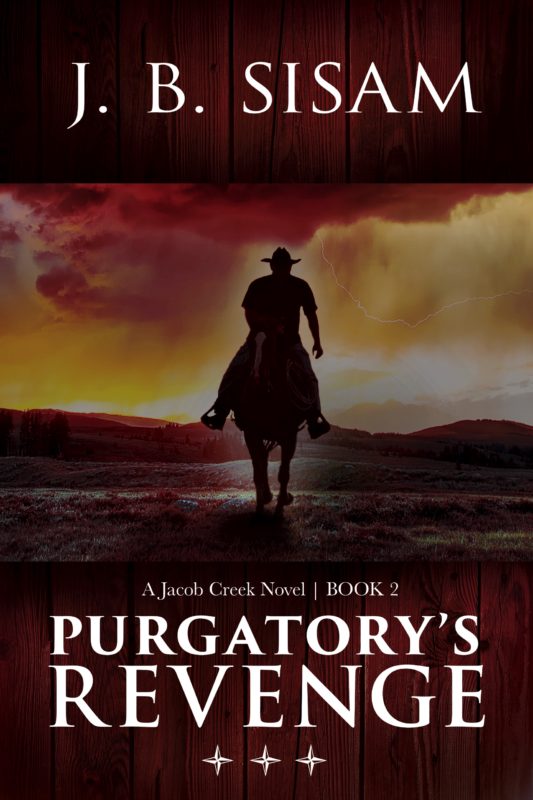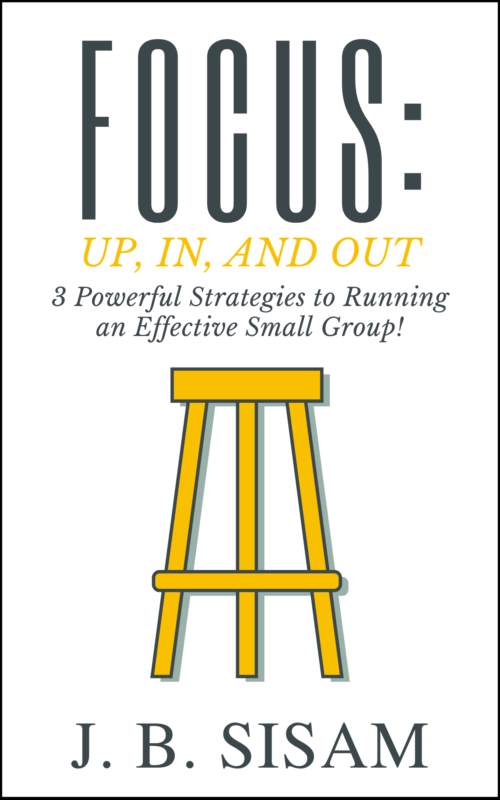Why is it that some poorly written novels sell really well and well-written novels don’t sell at all? Great writing takes time but crafting a story your readers will finish, takes longer.
The goal of selling a novel is to keep the reader interested in reading and loving the book from beginning to end.
A story changes the brain chemistry of a person. The stories that we can tell will either help or hurt you in reader engagement. In other words, the act of getting a reader to turn pages is almost miraculous. The brain is looking for the new, new. It’s almost impossible for the brain to keep wanting to turn pages without something keeping the reader engaged.
So how do we get inside the reader’s brain? I want to give you 3 ways to hack the brain and engage your reader.
1. Catch the reader’s attention.
There are hundreds of things in our media-rich environment that vie for our attention. People don’t want to be bored. You can have the best novel on earth, but if you bore right away, the reader will shut the book and move on.
The brain is scanning for two things, danger and survival. If the story triggers those emotions, your reader will pay attention. But if there’s nothing interesting there, your brain will tell you to move on. It begins with action.
The second is Surprise: The brain says, pay attention. Our brain is wired to look for the unexpected. I didn’t see that coming. Our brain tells us to go pay attention to that! Make surprise happen on purpose. The character doesn’t have to be surprised… the reader does.
As we write, remember we want to tap into the emotions and hormones of our readers. Here are just three.
- Adrenaline. – sends a chill down your spine. Danger.
- Dopamine. – happiness and humor
- Oxytocin. – love and empathy.
The reader’s brain is looking for these drug hits. It’s the I want to feel something at the beginning. In other words, don’t be boring.
If a story looks predictable, safe, and mundane, our brain will tell us to check out and find something else to read.
2. Connecting the reader to the protagonist.
Use danger and surprise long enough to help connect our reader to the protagonist. Our job as writers is to convince the reader to identify with the protagonist that they are just like them. If you’re going to write something that makes the reader feel connected, make it relatable. They’re like strangers on an airplane. they start out as strangers and end up getting married. You want to create a long-term connection.
We want to do everything we can to help a reader like the character. You want the reader to believe that this person is like them (on an internal sense). When you show the reader that they are the same, they’ll care about the story you’re trying to tell because they identify on an emotional level.
This is your number one goal. “Your job as the writer is to have the reader become the character.”
When something happens to your character, the reader should feel as if it’s happening to them. You want transportation to happen. You want the reader to care, think and live the story–even when they’re not reading it.
The secret is a vulnerability. Cause the reader to be fully vested into the stories you tell. Hack their brain. Disney is good at this by using single family homes. It causes the reader to empathize. Tug at the heart strings.
3. Presenting a story of struggle or challenge.
This is the brain’s favorite story. It’s a story of a challenge. The brain doesn’t want anything easy. You want to show the hero who’s asked to do something that’s life-changing and difficult.
As you write your novel or memoir, create reader engagement. We must use our words to transport them through a story of struggle. If you want your reader engaged, it starts with catching their attention long enough to build vulnerability. The reader wants to see our protagonist overcome the struggle or challenge they face.
In the end, they’ll overcome their own struggles for just a moment in time.
If you create drama, readers will show up to read. Without drama, there’ll be no readers. Our goal as writers is to create an environment where the reader is interested and willing to invest their time to read your words. I suggest if you catch their attention with danger and surprise, give them a strong and vulnerable protagonist while presenting an impossible struggle or challenge, you’ll have a story that will touch your reader’s heart in a way they least expect.
[reminder]What is your favorite novel, and what in these three points did you resonate with while reading that novel?[/reminder]


 Jason (J.B.) Sisam. Best-selling Amazon author of the Christian Early Reader book,
Jason (J.B.) Sisam. Best-selling Amazon author of the Christian Early Reader book, 







LEAVE A COMMENT HERE:
Please note: I reserve the right to delete comments that are offensive or off-topic. Also, this is a clean website, use of any language is not tolerated and your post will be deleted.